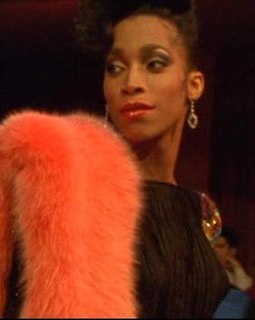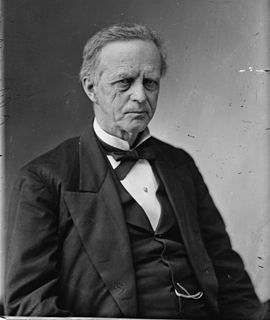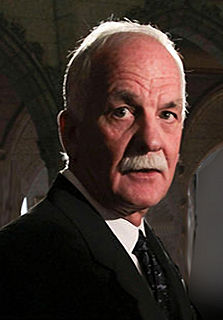A Quote by Marcus Tullius Cicero
For what people have always sought is equality before the law. For rights that were not open to all alike would be no rights.
Related Quotes
The great paradox of the civil rights revolution is that instead of enforcing and expanding equality before the law, the revolution created differential rights based on race, gender and, any day now, sexual orientation. The great liberal revolution, centuries in the making, that brought forth equality in law has been overthrown. In its place we see rising a new feudal legal order of status-based rights.
The woman's bill of rights is, unhappily, long overdue. It should have run along with the rights of man in the eighteenth century. Its drag as to time of official proclamation is a drag as to social vision. And even if equal rights were now written into the law of our land, it would be so inadequate today as a means to food, clothing and shelter for woman at large that what they would still be enjoying would be equality in disaster rather than in realistic privilege.
There's this big debate that goes on in America about what rights are: Civil rights, human rights, what they are? it's an artificial debate. Because everybody has rights. Everybody has rights - I don't care who you are, what you do, where you come from, how you were born, what your race or creed or color is. You have rights. Everybody's got rights.
[Before the Civil Rights Act of 1964], many governments in southern states forced people to segregate by race. Civil rights advocates fought to repeal these state laws, but failed. So they appealed to the federal government, which responded with the Civil Rights Act of 1964. But this federal law didn't simply repeal state laws compelling segregation. It also prohibited voluntary segregation. What had been mandatory became forbidden. Neither before nor after the Civil Rights Act were people free to make their own decisions about who they associated with.
In its proper meaning equality before the law means the right to participate in the making of the laws by which one is governed, a constitution which guarantees democratic rights to all sections of the population, the right to approach the court for protection or relief in the case of the violation of rights guaranteed in the constitution, and the right to take part in the administration of justice as judges, magistrates, attorneys-general, law advisers and similar positions.
Equality, in a social sense, may be divided into that of condition, and that of rights. Equality of condition is incompatible with civilization, and is found only to exist in those communities that are but slightly removed from the savage state. In practice, it can only mean a common misery.
Equality of rights is a peculiar feature of democracies. These rights are properly divided into civil and political, though even these definitions are not to be taken as absolute, or as literally exact.
US law and international human rights law have radically diverged in the past years in terms of the recognition of indigenous people's rights. International human rights law now looks at not whether or not the tribes have formal ownership or legal title in a Western legal conception might have it, but rather they look at the tribe's historical connection to that land.











































